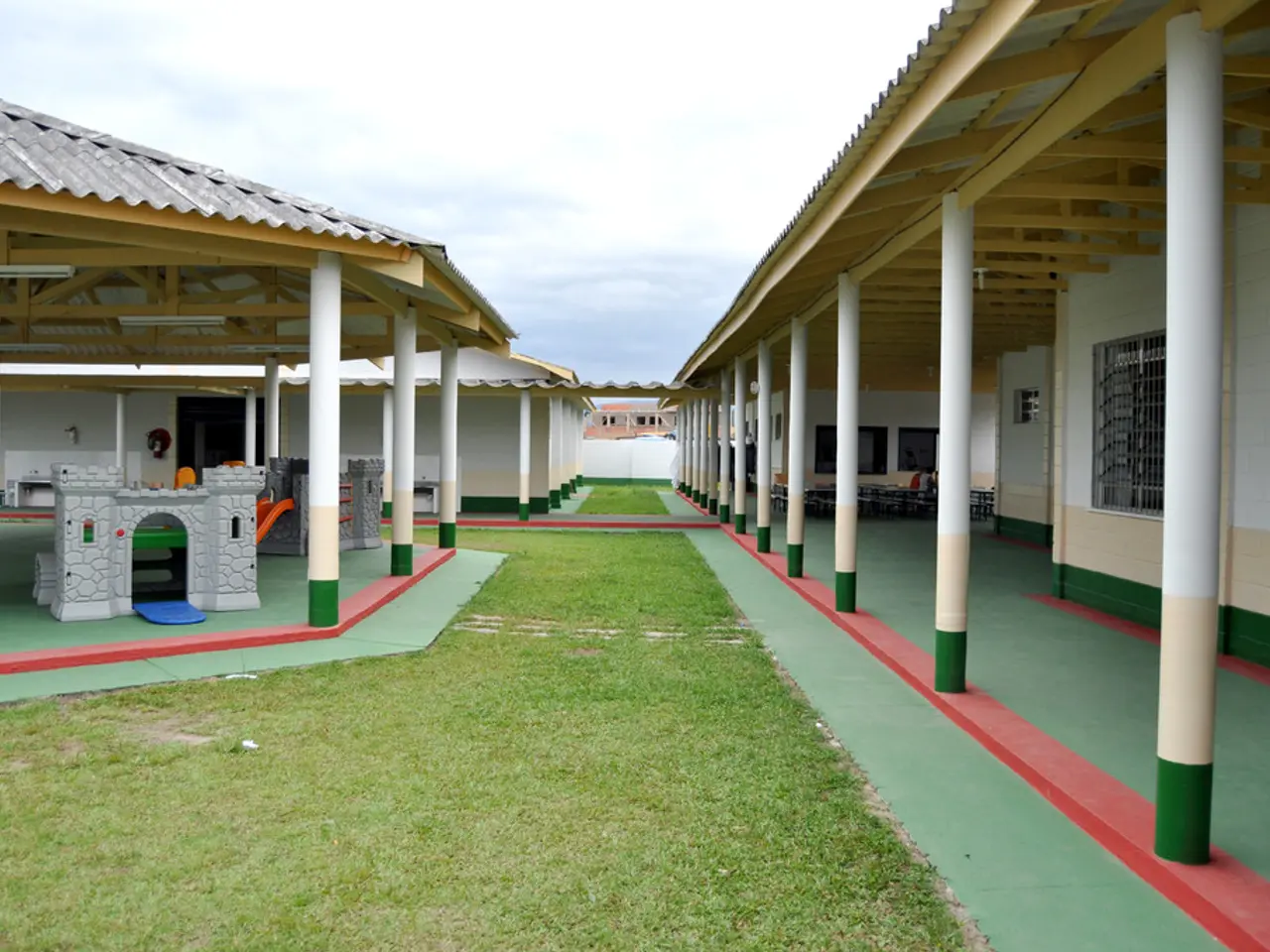Trump administration potentially modifying earlier-released climate reports, as per the allegations by the energy chief
The Trump administration has taken a controversial step in reviewing and potentially altering the National Climate Assessments, a series of congressionally mandated research reports authored by hundreds of scientists and experts.
U.S. Energy Secretary Chris Wright announced that the administration is reviewing and may tamper with past climate science reports, including removing the National Climate Assessments from official government websites. The administration has halted work on the sixth assessment and dismissed over 400 experts involved.
The most recent assessment, published in 2023, was taken down from its website by the Trump administration in mid-2025. No clear plan has been shared publicly about fulfilling the Congressional mandate to update the assessment every four years.
The administration's approach has faced criticism from the scientific community. Climate scientists and organizations have launched coordinated responses, criticizing the administration's report, which was produced quickly without peer review and is said to misrepresent the science of climate change. This contrasts with the National Climate Assessments, which involve extensive peer review and years of research.
The administration's report, commissioned by Energy Sec. Chris Wright, was issued last week, in conjunction with a proposed regulatory repeal of the Environmental Protection Agency's "endangerment finding," a 2009 scientific finding that human-caused climate change endangers human health and safety.
The report, which is currently undergoing a public comment process, was authored by John Christy and Roy Spencer from the University of Alabama at Huntsville, Steven E. Koonin of Stanford University's Hoover Institution, Georgia Tech professor emeritus Judith Curry, and Canadian economist Ross McKitrick.
Energy Sec. Chris Wright defended the report, stating that he hand-picked the authors, choosing the top five from a list of about a dozen scientists he considered to be well-respected and honest. However, the report's rapid production—taking just two months—stands in stark contrast to the years it takes for the National Climate Assessments and international climate science reports to research, draft, and publish.
The interagency process and publication of the National Climate Assessments are overseen by the US Global Change Research Program, which was established by Congress. The Trump administration's actions raise questions about the future of this program and the continuity of the National Climate Assessments.
Andrea Woods, energy spokesperson, clarified that the National Climate Reports are published by the National Oceanic and Atmospheric Administration (NOAA), not the Department of Energy (DOE). This clarification comes after the DOE report was initially attributed to the NOAA.
The administration's plans for the National Climate Assessments remain uncertain, with Wright stating that the administration will come out with updated reports. Wright also criticized the past reports as not being fair in broad-based assessments of climate change.
The controversy surrounding the National Climate Assessments underscores the ongoing debate about the role of human-caused climate change and the appropriate response from the government. As the administration continues to review and potentially alter the National Climate Assessments, the scientific community and the public will be closely watching for developments.
- The Trump administration's decision to review and potentially alter the National Climate Assessments, a series of reports authored by hundreds of scientists and experts, has sparked controversy and raised questions about the future of environmental science, policy-and-legislation, and general news related to climate change.
- The administration's approach to the National Climate Assessments, including halting work on the sixth assessment and dismissing over 400 experts, has faced criticism from the scientific community, as it contrasts with the extensive peer review and years of research involved in these reports.
- Politics has played a significant role in the controversy surrounding the National Climate Assessments, with the administration's actions raising questions about the continuity of the National Climate Assessments and the role of human-caused climate change in policy-and-legislation.





